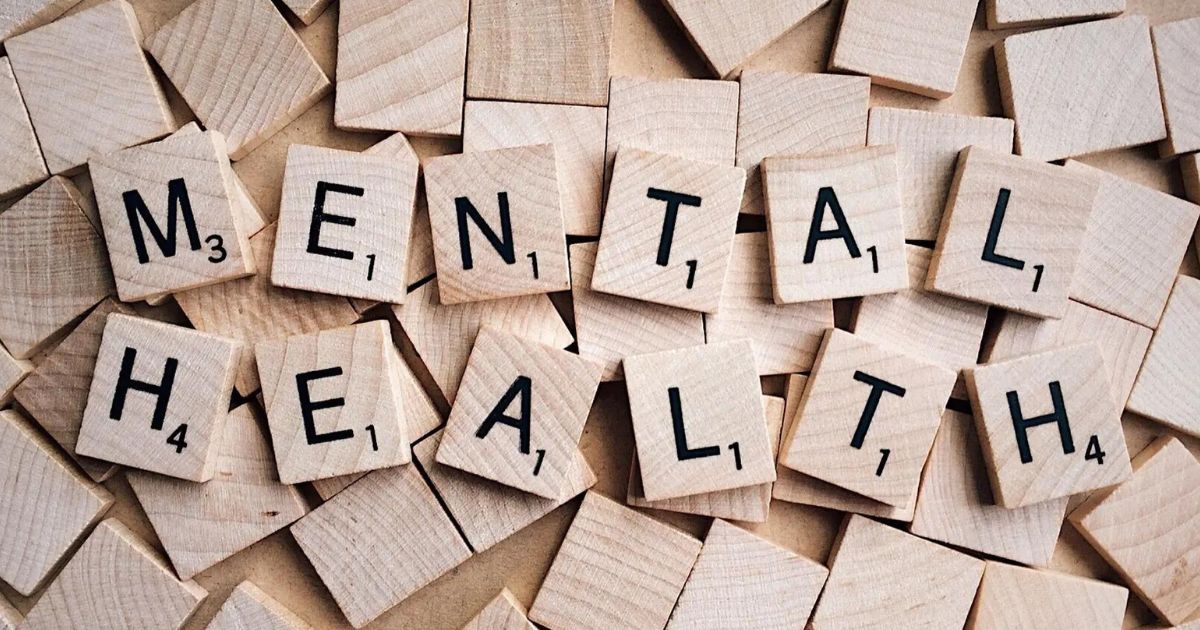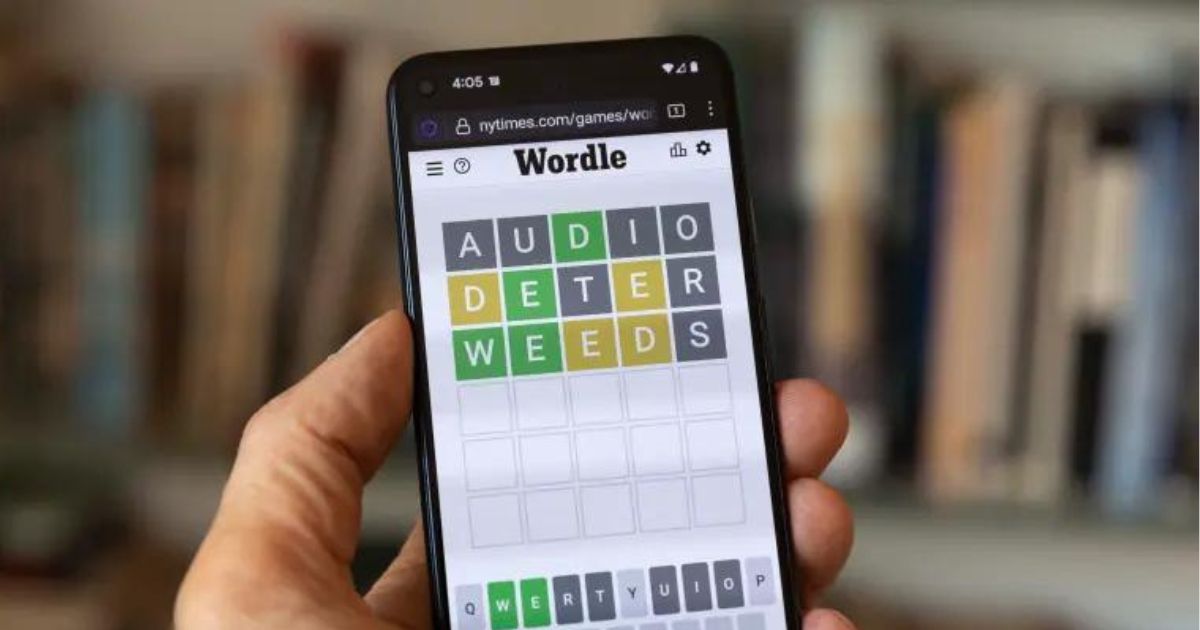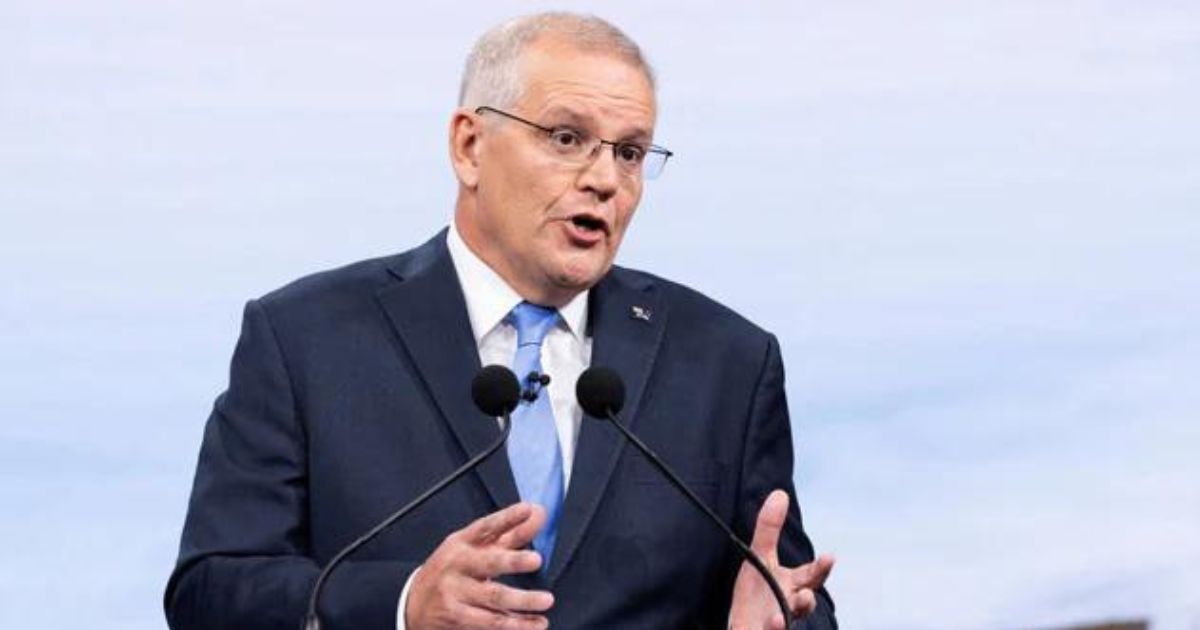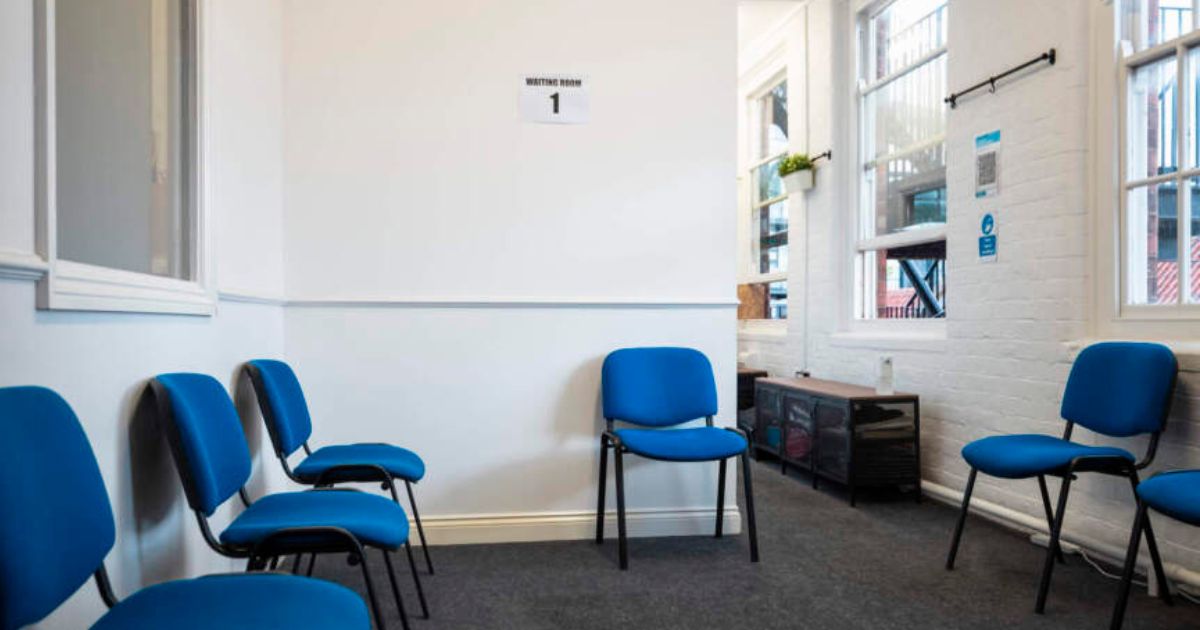In a groundbreaking report released by the World Health Organization (WHO), it was revealed that a shocking 95 out of 100 individuals across countries in the Southeast Asia region, including India, are being denied the mental health care they urgently need. This alarming statistic has prompted WHO to advocate for a shift towards community-based mental health care, stressing the necessity for adaptable recommendations tailored to the specific needs of each country.
Saima Wazed, WHO Regional Director for Southeast Asia, emphasized the transformative potential of community-based care during a virtual meeting focused on “Transitioning from long-stay services to community mental health networks: towards deinstitutionalization in the Southeast Asia Region.”
Wazed highlighted the benefits of community care in enhancing personal autonomy, reducing stigma, and providing more personalized and effective care.
Urgent Need For Community-Based Mental Health Care
The report underscores the urgent need for a transition from long-stay institutional to community-based mental health services, aiming to make them accessible, equitable, stigma-free, and conducive to enabling productive lives. However, mental health experts in India have identified several challenges hindering the realization of this paradigm shift.
Dr. Alok Kulkarni, a senior interventional neuropsychiatrist from the Manas Institute of Mental Health and Neurosciences, outlined the challenges, citing a dire shortage of mental health professionals, deep-seated stigma, and cultural barriers preventing individuals from seeking help. Integration of mental health services into primary healthcare remains a logistical and policy-driven hurdle, exacerbated by insufficient funding.
Dr. Preethi Galgali, an adolescent health counselor, emphasized the societal challenges hindering the implementation of community-based care in India, including poverty, illiteracy, and shifting societal norms towards individualism. She stressed the need for intense policy commitments to enhance health literacy and promote community and family-based care for severe mental disorders.
Despite these challenges, Dr. NR Mutalik, Professor and Head of Psychiatry at S Nijalingappa Medical College, expressed optimism, noting that India has already laid the groundwork for implementing WHO’s recommendations through initiatives like the District Mental Health Programme (DMHP) under the National Mental Health Programme (NMHP).
The NMHP, established in 1982, aims to integrate mental health services into general healthcare and social development, with a focus on community participation.
However, Dr. Jamuna Rajeswaran, Head of the Department of Clinical Psychology at NIMHANS in Bengaluru, cautioned that societal acceptance remains a significant hurdle. While there has been an increase in awareness about mental health post-pandemic, acceptance is still at its infancy.
The report advocates for meticulous planning, collaborative efforts, adequate funding, and continuous monitoring to ensure the success of deinstitutionalization and the expansion of community services and networks. Additionally, WHO recommends establishing community resources such as housing, job opportunities, vocational training, and support networks to facilitate reintegration.
Despite the challenges, India’s National Mental Health Programme is evolving to meet the complex needs of mental healthcare, with a growing emphasis on prevention, early intervention, and community-based care. The adoption of digital platforms like telemedicine holds promise in enhancing access to mental healthcare, particularly in remote or underserved areas.
In conclusion, while the vision of integrating mental health services into communities holds immense promise, it requires concerted efforts and a stepwise approach to navigate the challenges and realize its full potential in India.








Leave a Reply
You must be logged in to post a comment.